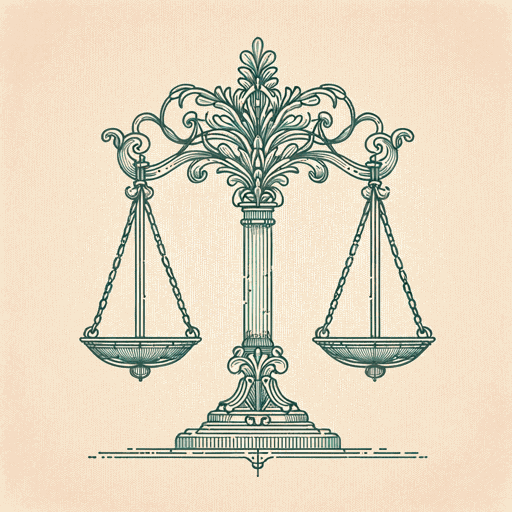44 pages • 1 hour read
Hannah ArendtEichmann in Jerusalem: A Report on the Banality of Evil
Nonfiction | Book | Adult | Published in 1963A modern alternative to SparkNotes and CliffsNotes, SuperSummary offers high-quality Study Guides with detailed chapter summaries and analysis of major themes, characters, and more.
Chapters 13-15Chapter Summaries & Analyses
Chapter 13 Summary: “The Killing Centers in the East”
Testimony on the killing centers in the East is first to be presented by the prosecution and last to be judged, most likely because it is “the central scene of Jewish suffering” (206). Hausner wants the suffering of the Jewish people to be heard before finding specific blame for the accused, and Servatius objects, claiming that the Jewish judges will not be impartial to the proceedings. The judges assure the court they are professional and will rule as such. Four of Eichmann’s charges are in dispute: his participation in the mass slaughter in the East; the deportation of Jews from Polish ghettos to killing centers; his liability for the events of the extermination camps; and his responsibility for the living conditions and subsequent liquidation of the ghettos. On the first point, the judges conclude that the fact Eichmann is well informed as to what is happening “was sufficient to constitute proof of actual participation” (212). On the second point, testimony from a witness about Jews from Bialystok arriving at Auschwitz proves Eichmann’s involvement because Poland had been under his jurisdiction. On the third point, even though Eichmann knew the Jews he sent to these camps were being murdered, neither he nor his men select the individuals, since most of the deportees come from lists made by the Jewish councils, and thus Eichmann has “no authority to say who would die and who would live” (214).
Related Titles
By Hannah Arendt




